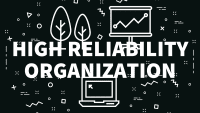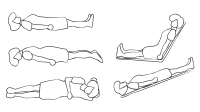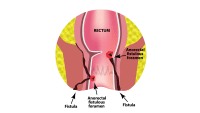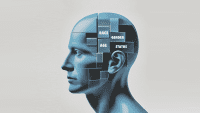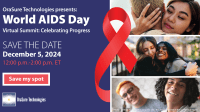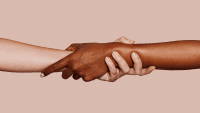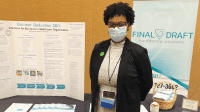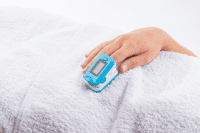The antidote to the overworked brain.
 Lately, I find myself regularly and voluntarily distracted and not because I’m multitasking. I’m being “multi-informed” through a bombardment of information coming from so many different sources: land line ringing, cell texts and alerts, computer screen pop-ups, and hundreds of emails in one day. I can’t remember a time when there was so much pushed into every communication device. It’s death by a thousand pings. In just 5 minutes, I counted 30 alerts on subjects, all valid, such as:
Lately, I find myself regularly and voluntarily distracted and not because I’m multitasking. I’m being “multi-informed” through a bombardment of information coming from so many different sources: land line ringing, cell texts and alerts, computer screen pop-ups, and hundreds of emails in one day. I can’t remember a time when there was so much pushed into every communication device. It’s death by a thousand pings. In just 5 minutes, I counted 30 alerts on subjects, all valid, such as:
- how much the COVID-19 pandemic is spreading
- professional organization updates without face-to-face meetings and live conferences (Most of my professional organizations are pushing out a lot of virtual discussions and opportunities to connect.)
- alerts about my personal safety and how to wear a mask in public
- the economic crisis being wrought by the pandemic and dangers to personal savings
- a hurricane battering the east coast.
The most important alert was the message that the best man in our wedding passed away last night after a short but brutal fight against cancer. The pandemic travel moratorium prevented us from visiting him at the end.
I also counted the daily tsunami of everyday issues that cross my path. As a nurse, a doctor of nursing practice student, an editor, a clinical instructor, a mother, a wife, a sister, and a friend, I can’t just turn off the constant stream trying to inform, influence, and stay connected. Coming from every direction are emails, snail mail, text messages, magazines, journals, webinars, television, newspapers, blogs, social media, pop-up news flashes, colleagues, and strangers. Since the pandemic, the amount has clearly increased. Sound familiar?
The challenge to this level of brain bombardment is that we all have jobs requiring peak mental functioning and focus. Our clinical work is at once exhilarating and exhausting. Our fast-paced work environments drive us to multitask because somewhere along the way we thought multitasking would make us more efficient and productive. However, evidence-based research confirms that multitasking actually reduces our cognitive ability and lessens productivity. Intelligence and memory aren’t just a function of how well we remember; they’re also a reflection of how efficiently we ignore irrelevant information. Despite the evidence, most of us are still multitasking. Continuing to multitask and allowing those multiple input sources to distract us at work and at home is killing our attention span.
Time to declutter. This solution is recommended by Sandra Bond Chapman, PhD, director of the Center for Brain Health at The University of Texas at Dallas. First, start single-tasking. Try to focus on just one job at a time. Block, lock out, turn off, ban, and otherwise do not permit unrelated distractions from human or electronic sources. Turn off your phone, stop noncritical texts and notifications, and avoid things you know can—and should—wait. Read more tips in “Embracing digital minimalism” on page 32 of this issue.
Second, throughout the day, regularly take a few minutes to stop, step aside, look the other way, and admire a butterfly or something similar that offers you singular beauty, simplicity, calm, quiet, and focus. Depending on where you work, it could be a baby in the nursery, a flower in a vase at the nurse’s station, or a smile from a grateful patient. It takes only a few minutes for the brain to refresh. The most proactive step you can take to declutter your brain is to do nothing. Then, take a breath, smile, and get back into the swift current of your job until the next time you need the antidote to the overworked brain—the power of nothing.

– Lillee Gelinas, MSN, RN, CPPS, FAAN, Editor-in-Chief





